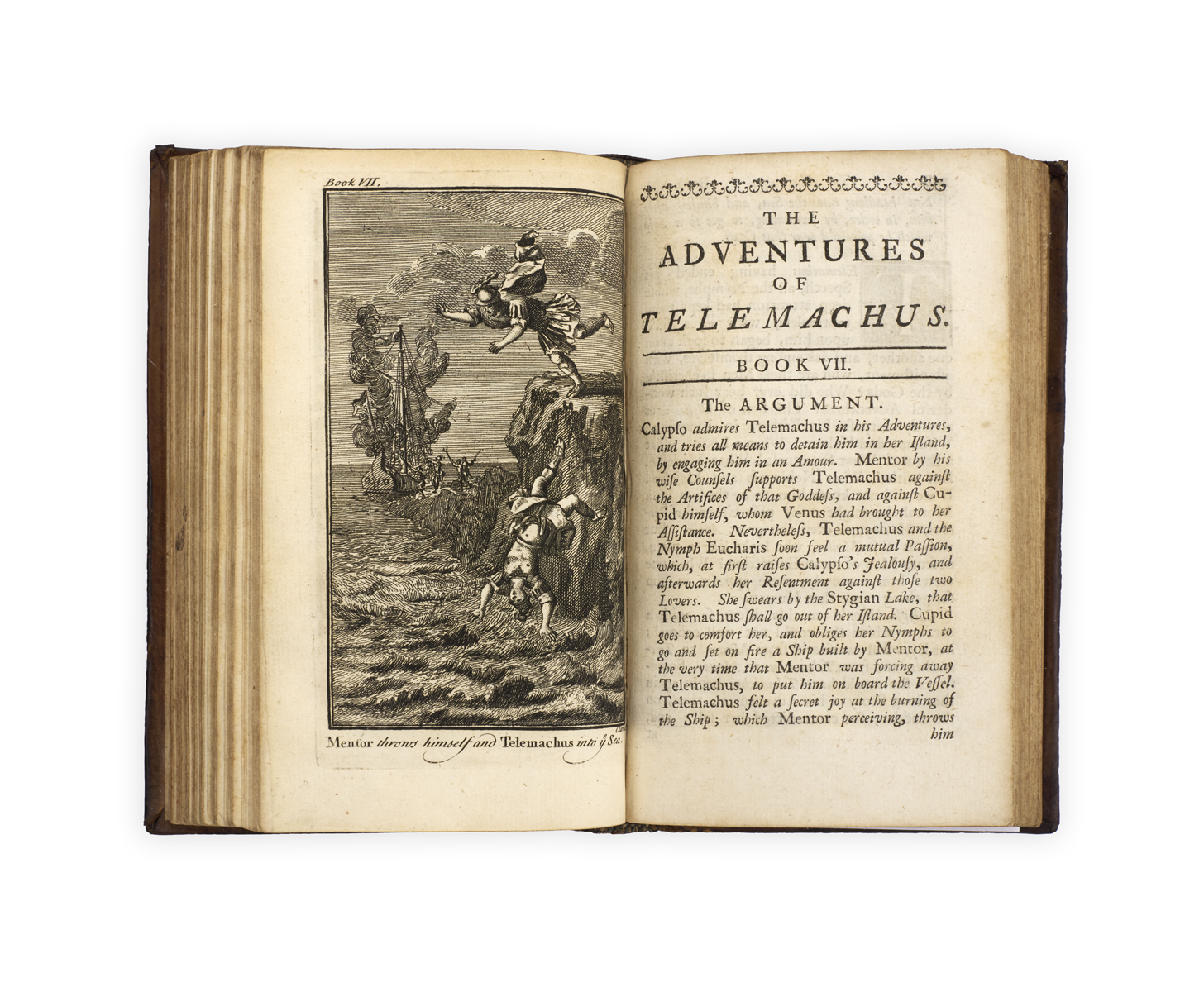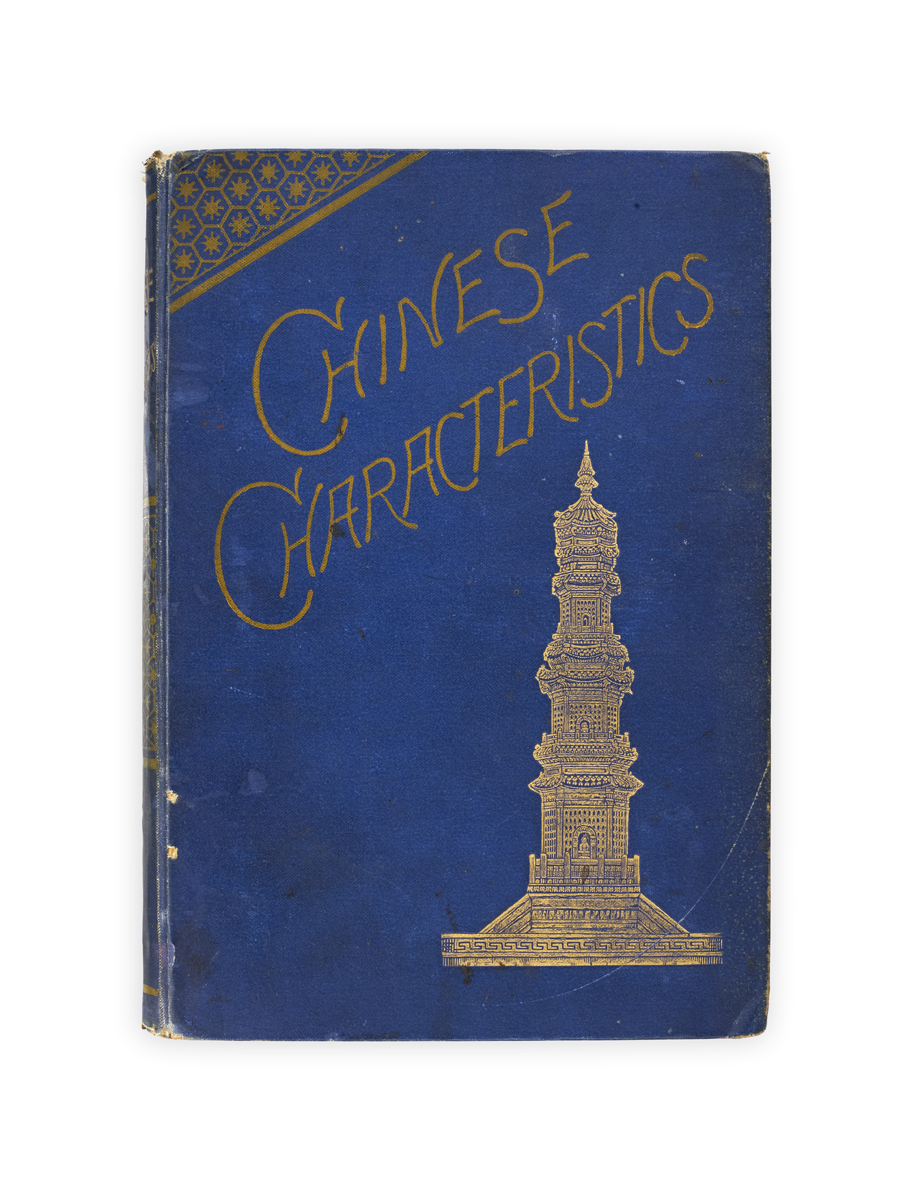SHERIDAN, Richard Brinsley.
The Speech … in the House of Commons, (8th December 1802) on the Motion for the Army Establ shment (sic, the i has dropped out) for the ensuing Year.
London: Printed for John Stockdale … 1802
8vo., pp. 22, wanting the final advertisement leaf (of two), else a very good copy, disbound.
Added to your basket:
The Speech … in the House of Commons, (8th December 1802) on the Motion for the Army Establ shment (sic, the i has dropped out) for the ensuing Year.
First edition of Sheridan’s impressive speech on the army estimates, in support of funding precautions against Buonaparte’s aggression – ‘the crisis in which we are placed … so big with tremendous importance, so pregnant with mighty difficulties, so full of apprehensions and dangers ….’ ‘I have heard instances, Sir, where mounting wooden guns upon a fort has produced the same security as if there had been real ones. But unluckily in this instance for us, by our constitutional form of proceeding, our whole force must be known: we cannot pass upon an enemy wooden guns, and an army at Brentford. If we vote no force, an enemy will know we have none ….’
This was one of the most important speeches of Sheridan’s parliamentary career. Lord Limerick reported that his talents and patriotism were complimented by every side of the House, although his own party’s leader, C. J. Fox, while acknowledging that he will doubtless ‘be right in the end’, still worried that the speech had given concern to his friends and satisfaction to his enemies.

